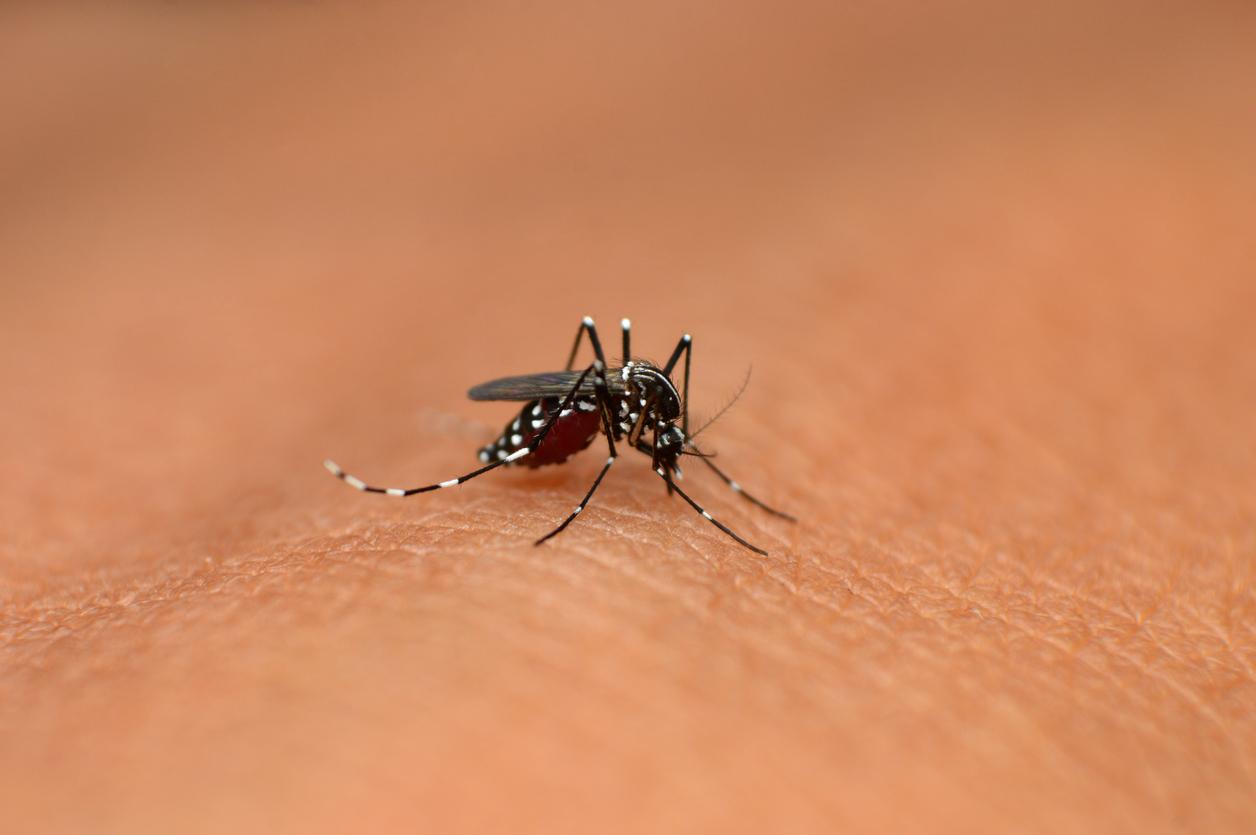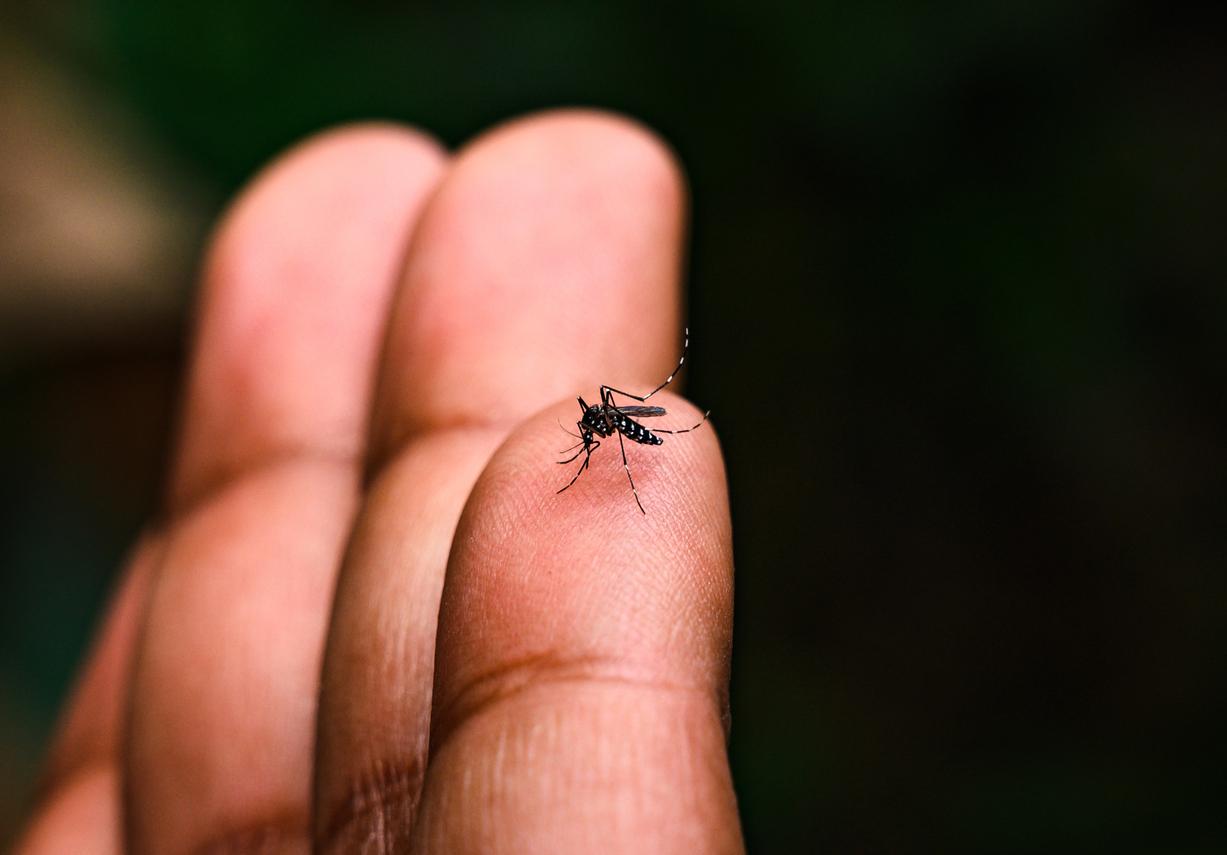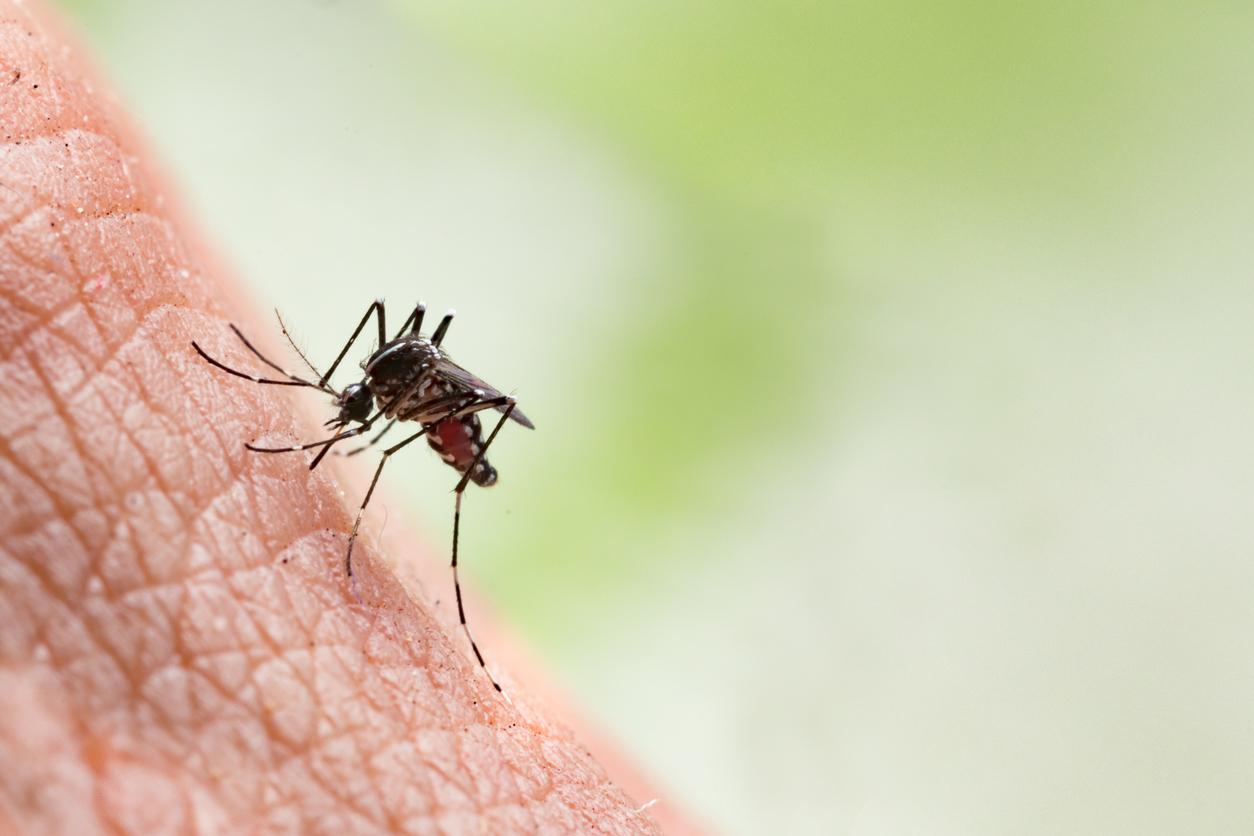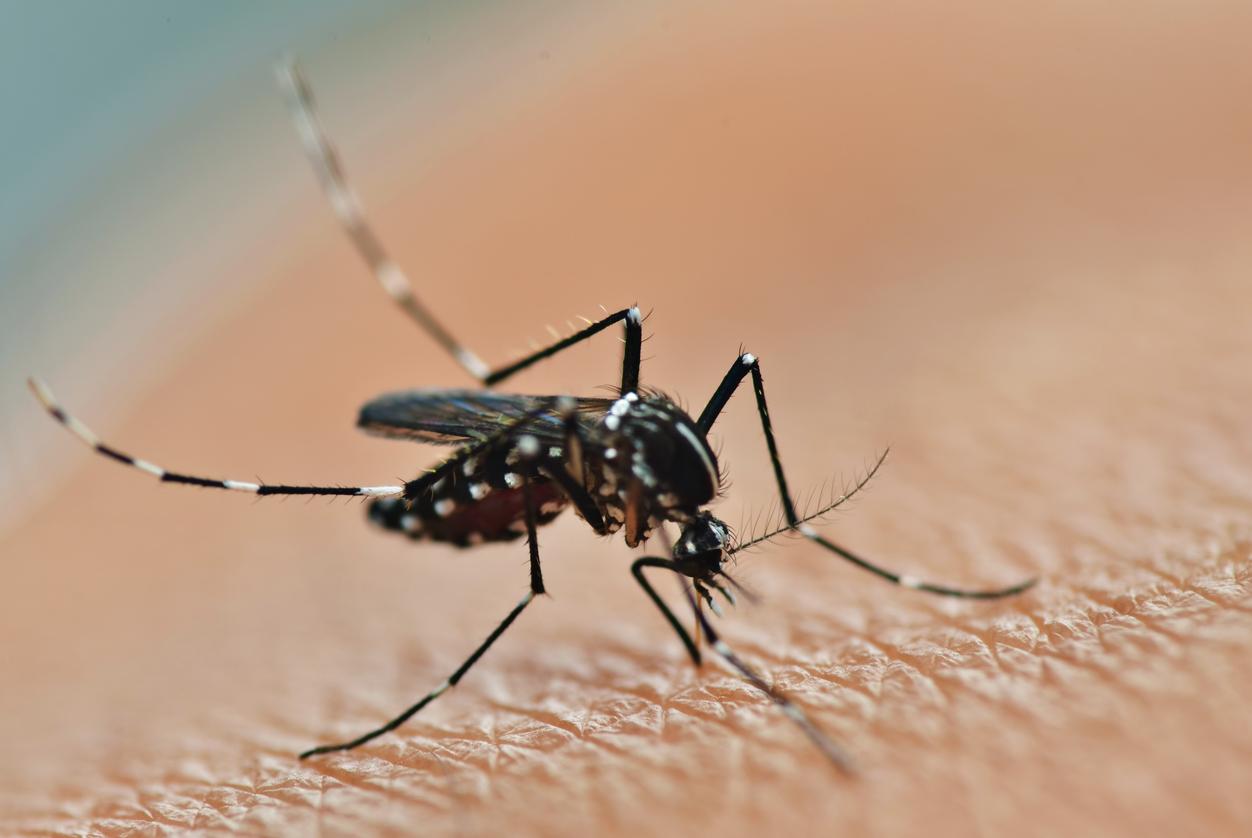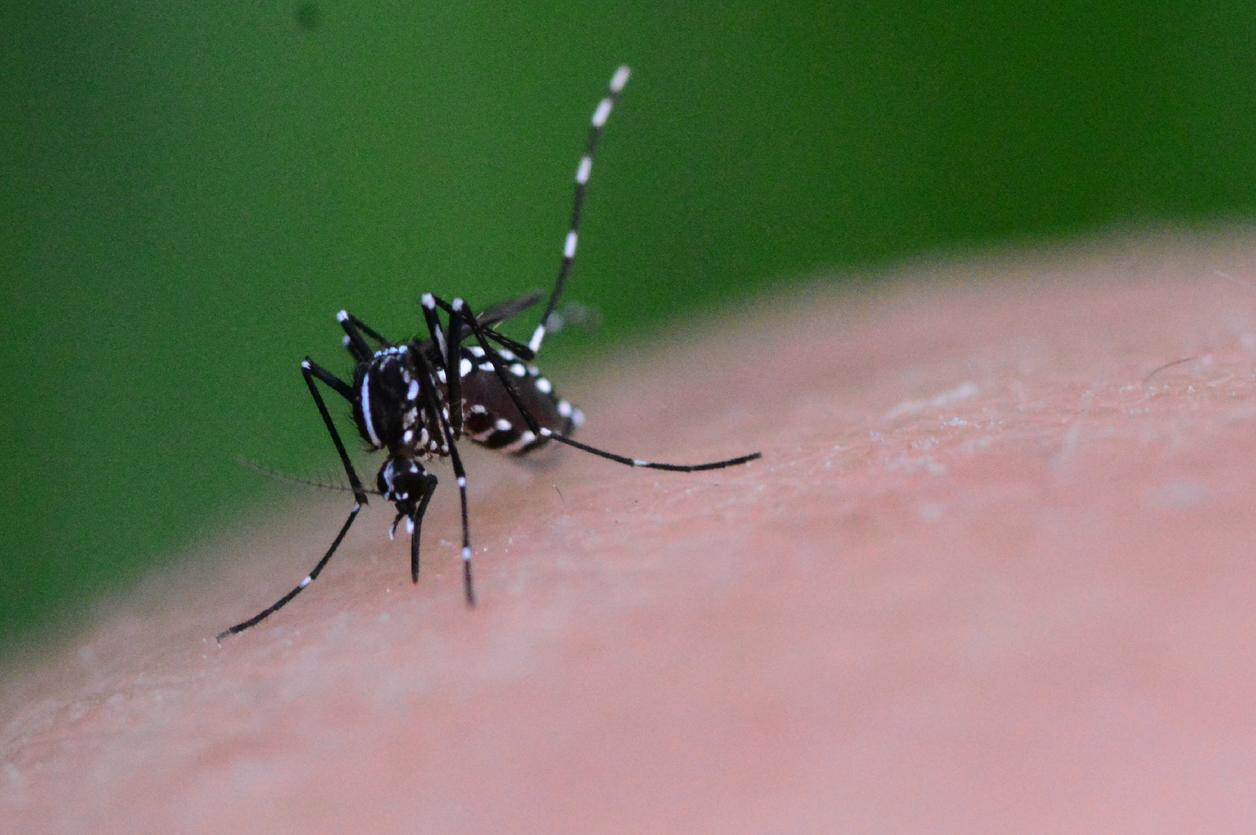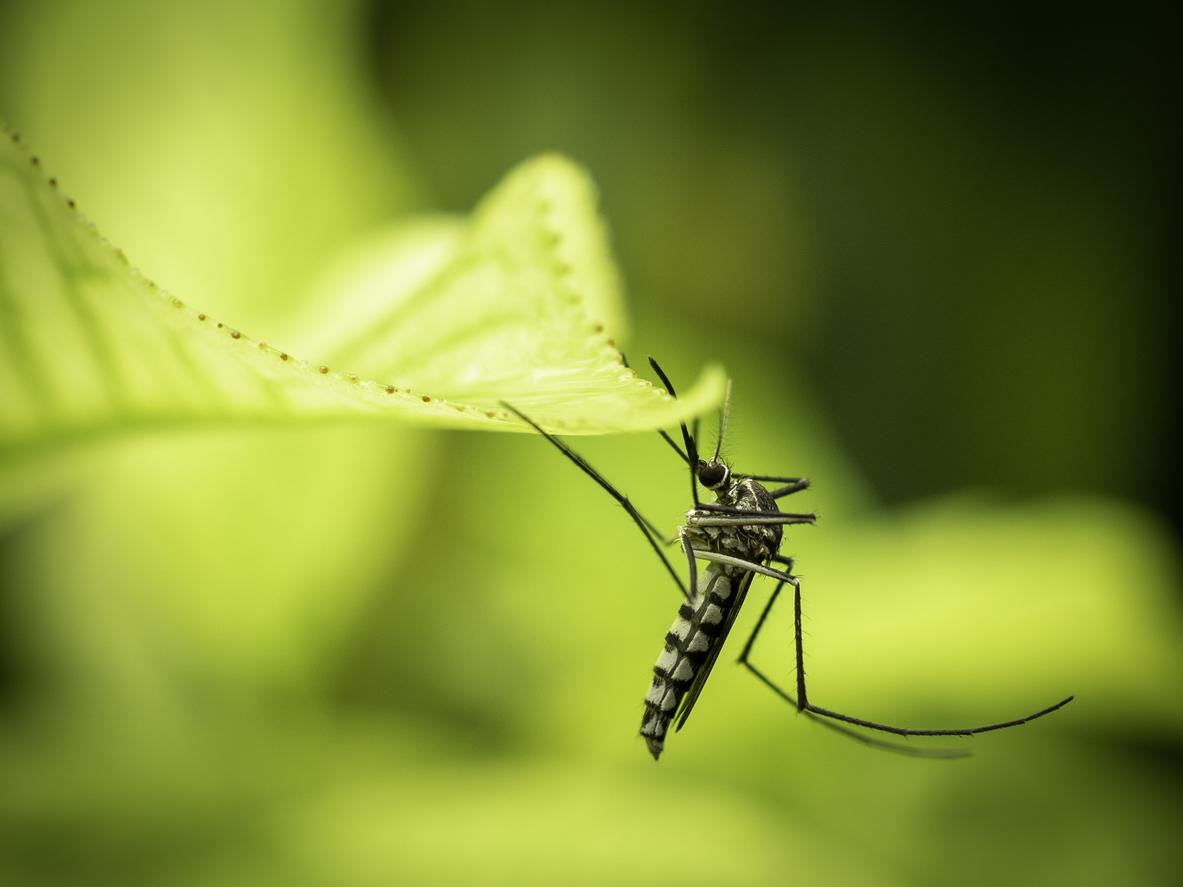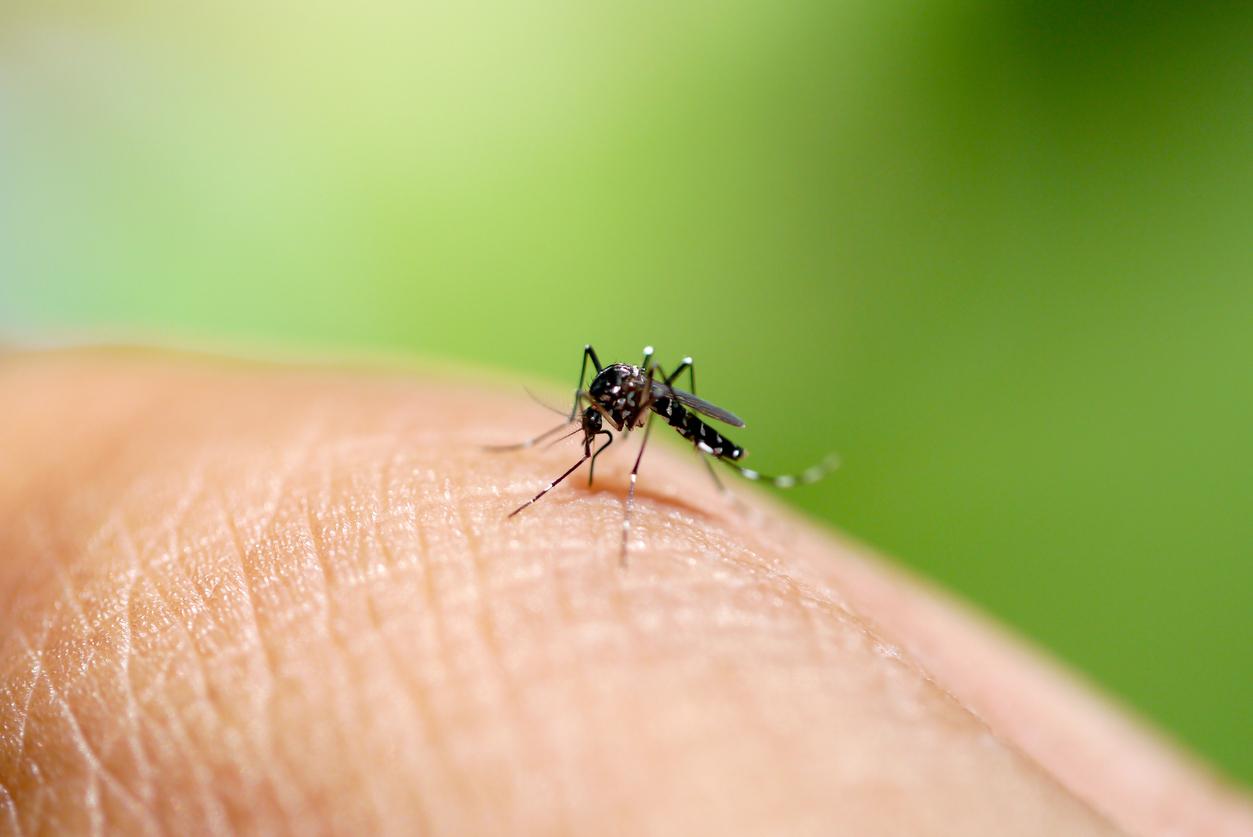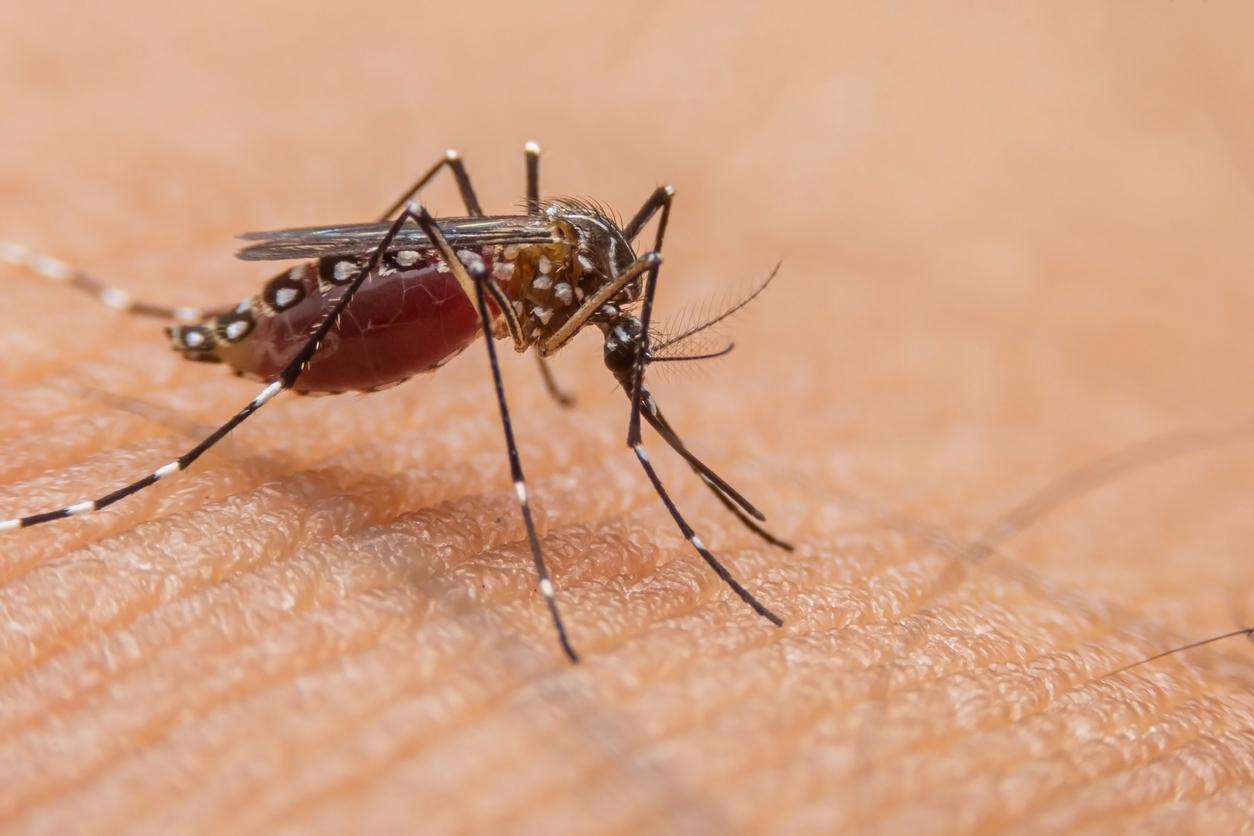Since the beginning of the month, new cases of dengue fever have been diagnosed in the south of France: in Montauban, in Tarn-et-Garonne, as well as in the neighboring department of Lot-et-Garonne. Health authorities are calling for vigilance and have announced mosquito control operations.

While the dengue epidemic continues in Reunion, new cases of this tropical fever transmitted by the tiger mosquito have just been identified in mainland France.
On July 5, a first case was reported in one of the municipalities bordering Agen, in the department of Lot-et-Garonne. This week, the diagnosis was again made on a person domiciled in Occitania and who recently stayed on the island of Reunion.
According to the daily South West, the departmental unit for the management of the tiger mosquito met on Friday July 19 to validate a new mosquito control operation. This will take place on the night of Monday 22 to Tuesday 23 July in the areas of Bajamont, Foulayronnes and Castelculier.
Avoiding autochthonous cases thanks to mosquito control
The neighboring department of Tarn-et-Garonne is also affected by dengue fever. In a statement broadcast on July 15, the prefect of the department confirmed the presence of a new case in the town of Montauban. The person concerned was also returning from a stay on the island of Reunion.
The health authorities have announced that a mosquito control treatment is planned to avoid indigenous cases even if, they specify, “the tiger mosquitoes present in our department are not vectors of arboviruses (chikungunya, dengue, zika)”. These mosquito control operations took place on the nights of July 15 to 16 and 16 to 17 in four sectors of Montauban and in one sector of Saint-Etienne-de-Tulmont, a neighboring town.
“The mosquito becomes infected by biting and taking the virus from a person suffering from the disease during the brief phase when the virus is present in the patient’s blood (period of viremia, i.e. approximately 8 days from the onset of clinical signs ). During a subsequent bite, the tiger mosquito will in turn be able to transmit the virus to a healthy person. This is to avoid this cycle of transmission which would lead to the appearance of autochthonous cases (people infected and not having traveled to an epidemic zone), that these one-off insecticide treatments are organized tonight and next night.
Transmission and symptoms of dengue fever
Also called “tropical flu”, dengue fever is a tropical hemorrhagic fever linked to an arbovirus, transmitted by the female tiger mosquito. According to the World Health Organization (WHO), 390 million cases are recorded each year in the world, including 500,000 of “haemorrhagic” dengue fever, that is to say which are fatal in more than 2.5% cases.
Dengue fever symptoms appear 3 to 14 days (on average 4 to 7 days) after the infecting bite. Patients generally suffer from a sudden fever accompanied by one or more other symptoms: headaches, joint and/or muscle pain, feeling very tired or skin rashes. In 2 to 4% of cases, the disease can progress to a severe form (2 to 5 days after the onset of symptoms). While dengue hemorrhagic fever is a life-threatening complication, early clinical diagnosis and prompt clinical management can often save lives.
.







